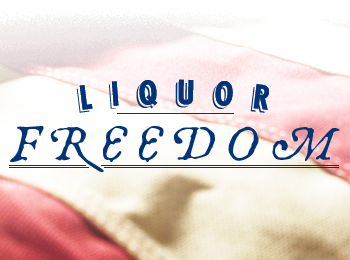Media
Privatization Great for Washington State
 A year ago this June, the government liquor monopoly ended in Washington state. Critics of Pennsylvania’s plan to privatize state wine and spirits stores have pointed to Washington as an example of the negative consequences of privatization, yet Washington has seen liquor tax revenue increase by 12 percent and liquor sales increase by $23 million compared to last year.
A year ago this June, the government liquor monopoly ended in Washington state. Critics of Pennsylvania’s plan to privatize state wine and spirits stores have pointed to Washington as an example of the negative consequences of privatization, yet Washington has seen liquor tax revenue increase by 12 percent and liquor sales increase by $23 million compared to last year.
Many of Washington’s lawmakers, including Senate President Pro Tempore Tim Sheldon (D), have praised the state’s privatization efforts. Sen. Sheldon states:
Liquor privatization was a good idea when the voters approved it, and it’s a good idea now. Washington state’s implementation of privatization is still, however, a work in progress. While we no longer have state liquor stores, the state is still highly involved in regulating the industry, especially in areas like wholesale distribution. The dust is still settling during this transition, but I remain convinced that what will ultimately emerge is a system that will be fairer to consumers and to private business. Liquor privatization continues to be one of the most visible reforms that our state has done in years.
Today, almost two months since the House passed HB 790, the Senate Committee on Law and Justice holds its second hearing to discuss liquor privatization. In weighing whether to end Pennsylvania’s 80-year old government monopoly, lawmakers shouldn’t just listen to folks saying “we’ve always done it this way”, but also examine the successes in the 48 states that allow some degree of private sellers of wine and liquor.